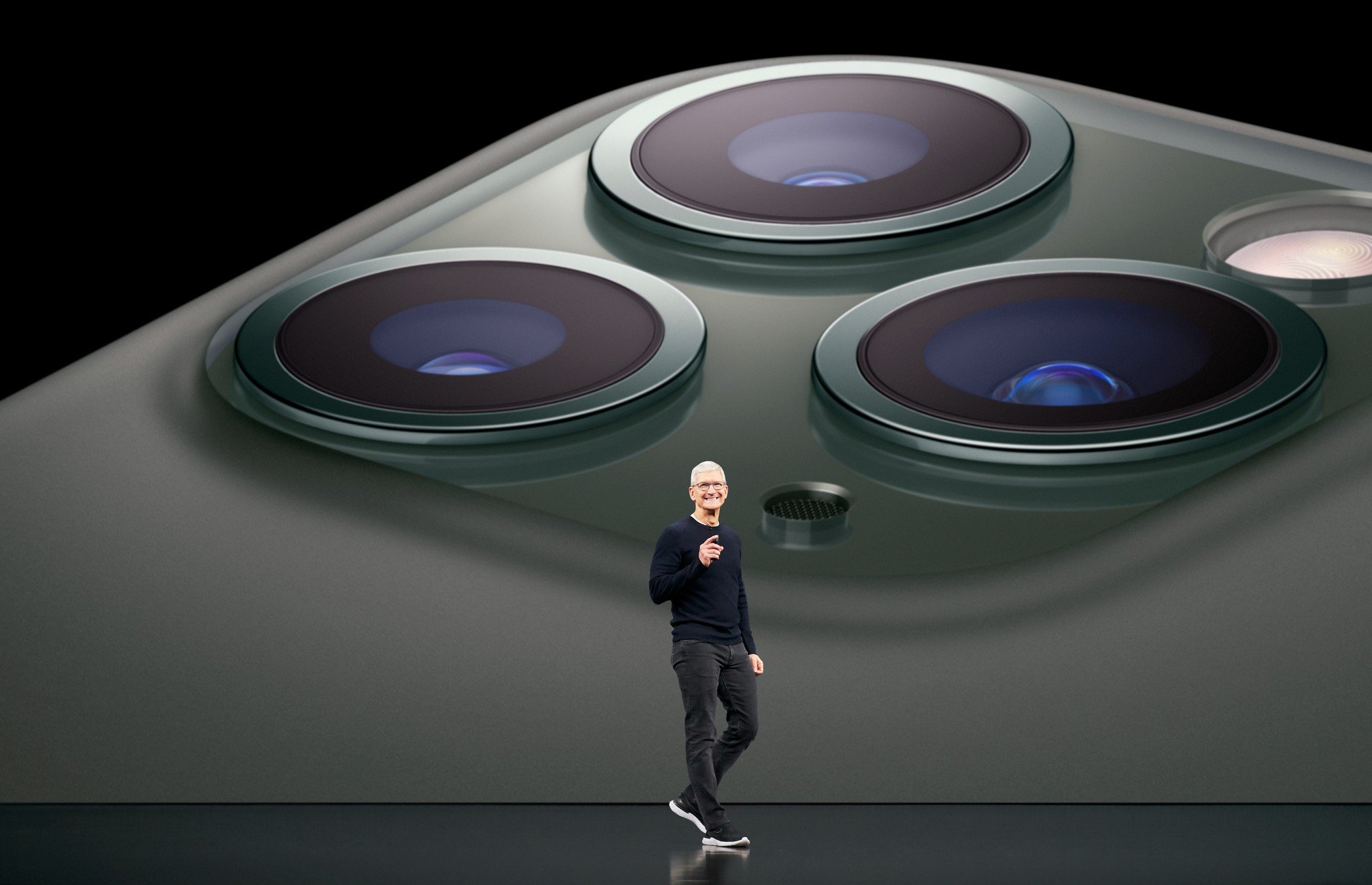"This practice creates additional hassle and can put someone off from switching altogether..."
## What you need to know
- UK telecoms regulator Ofcom is proposing a ban on the sale of locked mobile phones.
- It says that the process of paying to unlock a device creates additional hassle that could put people off switching all together.
- Three major UK carriers sell devices locked to their networks, including Vodafone and BT/EE.
UK telecoms regulator Ofcom is proposing to ban the sale of mobile devices locked to a specific network, according to a consultation document published today, December 17.
As reported by MacRumors, the document is titled **'Fair treatment and easier switching for broadband and mobile customers - Proposals to implement the new European Electronic Communications Code.' **
The overview states that the priority of Ofcom is fairness for customers. It then outlines a significant plan to help people shop with confidence, "make informed choices", switch easily and get fair deals. Measures proposed cover broadband, mobile, pay-TV and landline phone sales. However, the most notable proposal is a ban on the sale of locked devices by carriers. The outline states:
Some providers sell locked devices so they cannot be used on another network. If customers want to keep using the same device after they switch, this practice creates additional hassle and can put someone off from switching altogether. We are proposing to ban the sale of locked mobile devices to remove this hurdle for customers.
In the UK, BT/EE, Tesco Mobile, and Vodafone all sell devices locked to their respective networks. They cannot be used on any other network unless unlocked by the carrier, often at a cost. According to the report "just under half" of people unlocking their devices experience some sort of difficulty, including a long delay in receiving their code required for unlocking, receiving a code that does not work, or the loss of service caused by switching networks with a device they did not realize was locked.
Ofcom states that these difficulties can deter customers from switching and finding a better mobile deal. In fact, their evidence claims that one-third of customers who had considered switching decided not to in part because of device locking.
The new proposal would ban the sale of locked devices to residential customers within 12 months of any decision being made.
Alongside the ban on locked devices, Ofcom is also proposing that mobile customers are given more detailed information about contracts they are offered before signing, along with a short written summary of the key terms to help them compare and choose. It is also proposing a strengthening of customers' right to exit their contract where changes mid-contract occur that they may not have been told about.
Currently, customers only have this right if a contractual change particularly disadvantages them. Under our proposals, any change would give customers the right to exit, unless it exclusively benefits the customer. This would mean, for example, that if a provider increases any of its prices mid-contract, and those price increases were not previously agreed to in the contract terms, the customer would automatically have the right to exit their contract, without penalty.
It also plans to propose guidance protecting customers who buy bundle services with different minimum commitment period. By way of example, Vodafone sells home broadband bundled with mobile phone contracts, the minimum commitments to which are 2 years and 18 months respectively.
The news comes as a big shakeup to the UK carrier practice of selling locked phones. Whilst several carriers have already moved away from locked devices, BT/EE, Vodafone, and Tesco Mobile together hold a 55% market share of UK carrier business (2018), meaning the move could affect many millions of customers for the better. Currently, O2 and Three are the only major carriers who sell unlocked devices.
from Android Central - Android Forums, News, Reviews, Help and Android Wallpapers https://ift.tt/35wU8Vx
via IFTTT


Aucun commentaire:
Enregistrer un commentaire